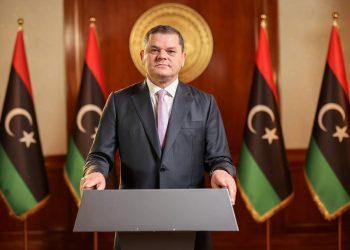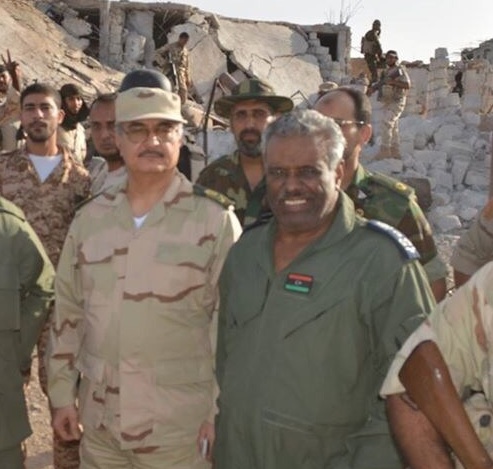By Libya Herald staff.
Tripoli, 16 October 2014:
Reporters Without Borders (RWB)has once again condemned violence against media people in Libya. It is calling . . .[restrict]for the arrest and prosecution of the attackers.
According to the organisation, journalists have been among the “leading victims of the political turmoil and violence that have been a constant” since the 2011 revolution.
RWB details the deaths of two journalists this month. Al-Tayeb Issa, co-founder of the satellite TV station Tuareg Tumsat, was murdered near Obari on 5 October. Al-Watan radio presenter Mutassim Al-Warfali was shot and killed in Benghazi on 8 October.
“Although the motives for these murders are still unknown, Reporters Without Borders does not rule out the possibility that they were linked to the victims’ journalistic work and urges the Libyan authorities to carry out swift investigations that take account of this possibility” .
Also mentioned were other recent attacks on journalists and media outlets. Radio station Al-Midan FM in Zawia was attacked and robbed by armed men on 9 October, after receiving a series of threats.
Alassema TV presenter Maad Al-Tleeb was kidnapped and then released after two days on 10 October.
RWB said it was concerned at the increasing number of journalists fleeing the country, saying it “highlights the level of danger for those who continue to work at great risk to themselves”.
It added: “Reporters Without Borders reiterates its deep concern about the fate of Libya’s journalists, who are finding it increasingly difficult to practice their profession without fear of being persecuted, attacked or murdered”.
RWB also referenced several radio stations that have stopped broadcasting and newspapers that have stopped publishing for fear of being attacked by those who oppose their work, saying that self-censorship reinforces fear within the media.
Urging the continued support for freedom of speech, RWB said, “Reporters Without Borders reiterates the fundamental importance of freedom of information in any democratic society, especially one in transition such as Libya.”
RWB also reminded Libya’s media that they also have a role to play, saying they must “respect the basic principles of journalistic ethics and conduct by covering events as professionally and impartially as possible, with a constant concern for independence, transparency and objectivity, the bases of good journalism.”
[/restrict]









